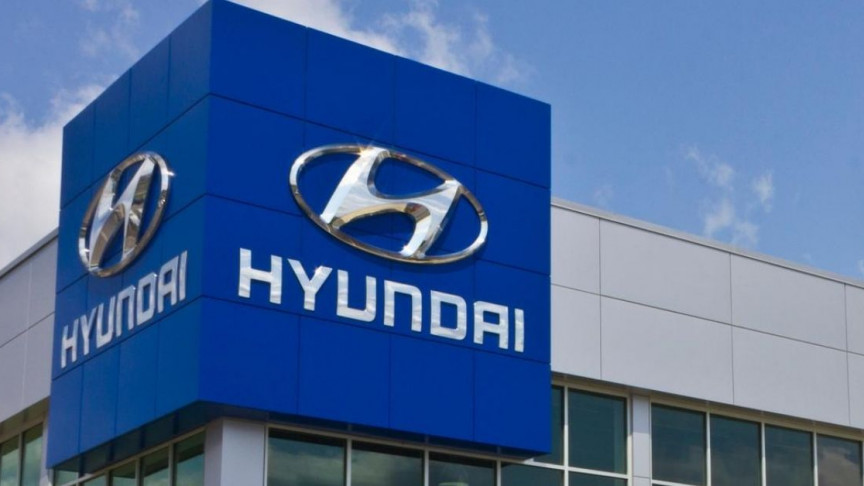Hyundai Motor Company has announced through a joint development agreement that it has partnered Factorial Energy for solid state batteries for both Hyundai and Kia products along with investments into Factorial’s process at the “cell, module, and system level.” Factorial Energy claims to have found a way to make its solid state batteries work. Why Solid State Matters.
Range and safety are two issues that are priorities for the majority of potential EV buyers. Currently, lithium-ion batteries are in vogue among automakers, and while they represent the cutting edge among saleable battery technologies, their densities are limited for a given physical size. That’s why batteries have grown larger as a way to increase their capacities, but there is only so much you can do for a given size if you max out on energy density. This, along with the potential for fires when lithium-ion batteries are punctured—the liquid electrolyte is highly flammable—makes for a chemistry that, while fine for today’s needs given its tradeoffs, is not likely to be a long-term EV solution.
Solid state batteries are looked at as the ultimate answer, as they build on traditional lithium-ion battery technology and remove the safety issues of its liquid electrolyte. This makes for a very lucrative business venture, if you can figure it out, and why Factorial Energy has dedicated their time and resources to it. Now, it won’t be doing it alone as Hyundai Motor Company announced that it will partner up with Factorial on their solid state battery production.
If there is a breakthrough with the tech, it would mean a revolution in EV production, with safer batteries and longer driving range. However, solid state batteries cost much more than regular lithium-ion batteries and their capacities are usually not great at room temperatures.
That is enough for Hyundai to invest, regardless, as they announced a joint development agreement with Factorial. This agreement not only states that Hyundai will test integration in Hyundai and Kia EVs, but also invest in integrating “Factorial technology at the cell, module, and system levels, perform vehicle-level integration, and co-develop specifications for manufacturing Factorial’s batteries.”
While Hyundai isn’t the first OEM to invest into a solid state battery producer, this is the first instance where the deal includes a product that’s apparently ready for real-world testing. The data Factorial has shown doesn’t rule out a battery that has a 40-ah capacity at room temperature. Siyu Huang, Factorial Energy Chief Executive Officer said to Bloomberg that its “Factorial Electrolyte System Technology”—or FEST—has reached an energy density of roughly 159 kWh/lb in testing, and that the company has a goal of 181 kWh/lb. Tesla, for example, says its batteries have around 136 kWh/lb density and shows just how much improvement there is with a solid state battery, if what Huang says is true.






Comment
No comments found.